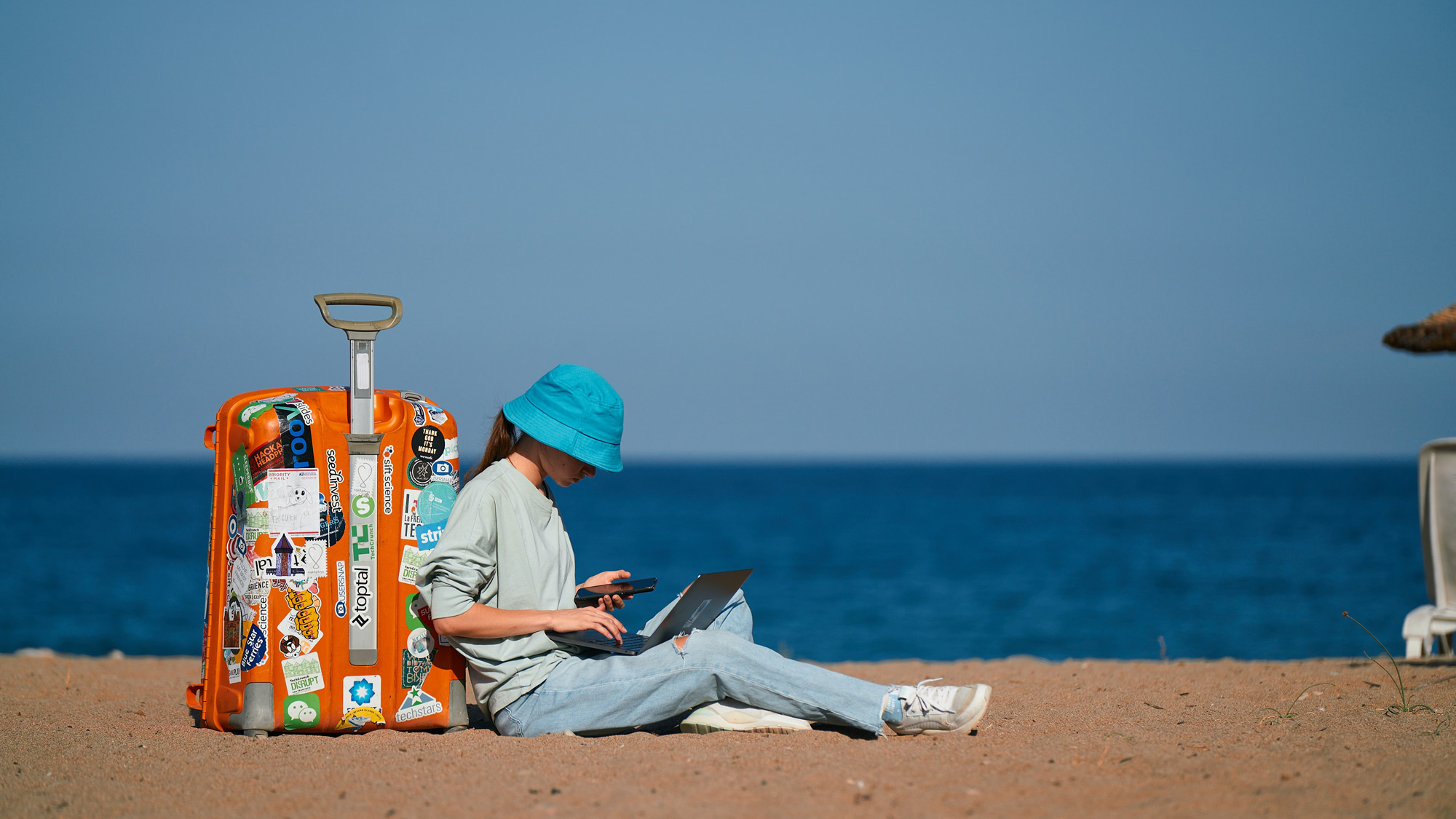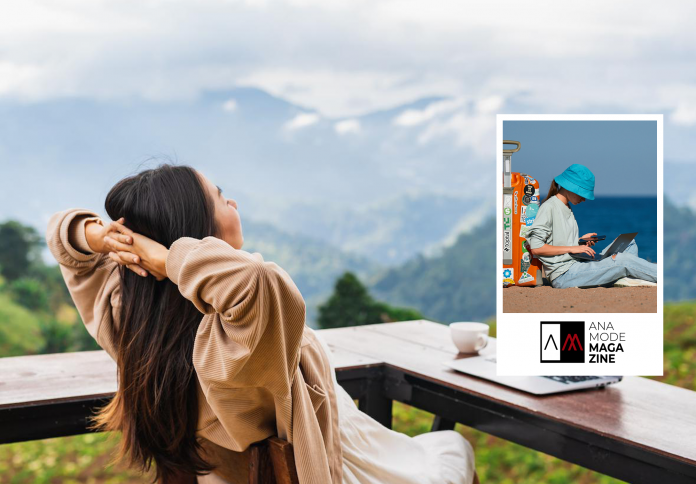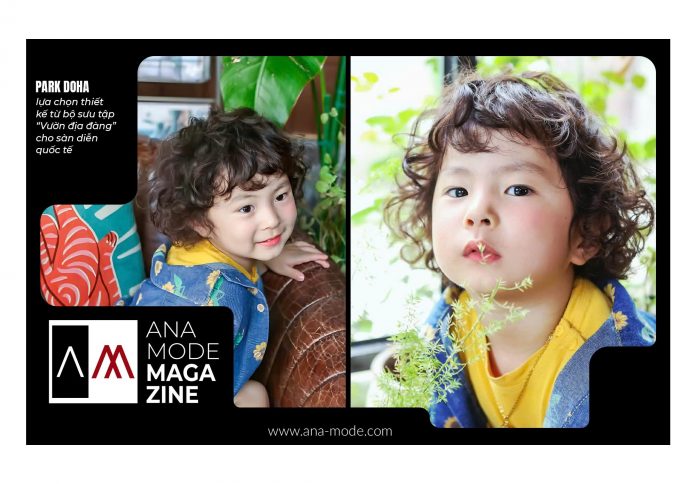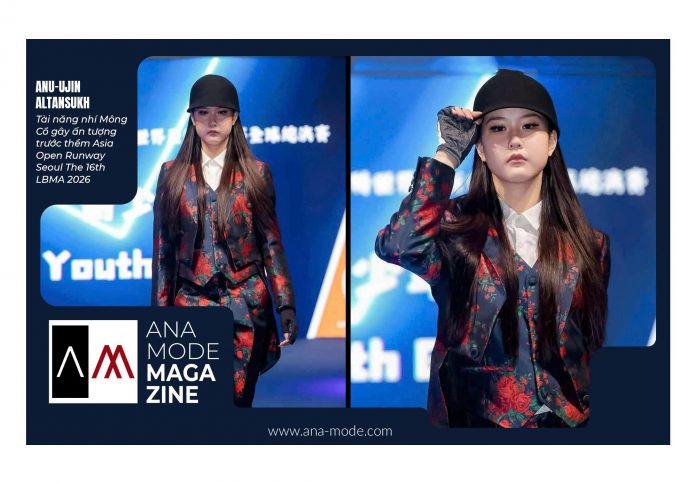After the pandemic, the world changed not only in how people view health but also in how they approach work. Concepts that once seemed unfamiliar—like remote work, flexible schedules, or “workation” (working while vacationing)—have now become practical choices for many young people. Instead of sitting at a desk for eight hours in an office, they opt to complete their tasks while relaxing in a place far from the city, where the sound of ocean waves or the fresh air of the mountains helps refresh the mind.
What is workcation, and why is it trending?
“Workation” is the combination of work and vacation, where you can work remotely while enjoying the fresh surroundings of a new destination. No longer confined to an office or the familiar workspace at home, many people turn to workation as a solution to balance work and life. After months of social distancing, the ability to “move around” while still completing work has become a real need for many.

Unlike traditional travel, a workation doesn’t involve a complete “disconnect,” but rather focuses on the experience of living, working, and relaxing all at once. Many young people choose to go away for a few days or even weeks to take a breather from the pressures of everyday life while maintaining work productivity without delay.
When Gen Z and office workers want to “shift” their work
For Gen Z and many modern office workers, work is no longer confined within the four walls of a traditional office. Instead, they seek freedom, flexibility, and experiences that inspire them. Working amidst nature, by the deep blue sea under gentle sunlight, provides a sense of energy renewal and sparks creativity.
Rather than allowing work to dominate their personal lives, young people are proactively designing a lifestyle in the opposite direction: arranging work to align with their needs for living, resting, and exploring. Workation is not just a temporary choice; it’s gradually becoming a new way of life — where work efficiency is still ensured, but the inspiration for living is also constantly nurtured.

Tourism catching up to the new trend
This shift in work habits is not only impacting individuals but also spreading across the tourism industry. Many destinations have quickly adapted to the trend by offering accommodation spaces with private work desks, high-speed internet, quiet areas for online meetings, and facilities for long-term work.
Homestays and resorts in popular tourist cities like Hoi An, Da Lat, Sa Pa, and Phu Quoc are now promoting the “work-and-stay” service as a new form of accommodation, attracting a large number of customers who require long-term stays. With beautiful spaces, excellent services, and peaceful environments, many of these places have become “ideal offices” in the eyes of digital nomads and remote workers.

How to have an effective, distraction-free workation?
Indeed, the allure of workation is undeniable, but to maintain work effectiveness while being “on the road,” individuals must equip themselves with strong organizational skills and self-discipline. Creating a specific plan for daily tasks, choosing a quiet space to focus, and knowing how to draw the line between work hours and leisure time are all crucial.

In addition, it is important not to choose places that are too crowded or lack stable technological infrastructure, as this can lead to disruptions in work, affecting mood and work results. A workation is only effective when individuals are aware of the role of work, even in a relaxing environment.
A workation is not a self-indulgence; it is a reflection of a new, flexible, self-sufficient lifestyle that emphasizes personal experience. In a world where everything can happen through a screen, choosing to work in a place where one feels most at peace is a legitimate right. With strong technological support and a shift in mindset from both workers and businesses, workation is not just a temporary trend but is gradually becoming a part of the future of work. A future where people not only work hard but also know how to live healthily and with inspiration.
Wendy | Cameron Truong










